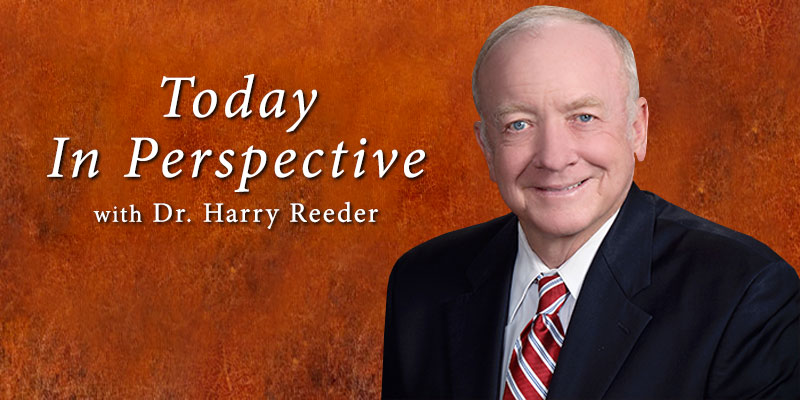
Americans have been buried in the last six weeks by a blizzard of reports of sexual harassment, assault, misconduct and malfeasance from our politicians, journalists and Hollywood glitterati. In the last week alone, we’ve seen a picture of Sen. Al Franken, D-Minn., during his pre-senatorial days placing his hands over a sleeping woman’s breasts; the suspension of New York Times journalist Glenn Thrush for allegedly harassing young female journalists; and eight women telling the Washington Post that fabled television host Charlie Rose had made unwanted sexual advances ranging from groping to lewd phone calls. That follows on the heels of allegations of child molestation against Alabama Senate Republican nominee Roy Moore, confirmed accusations of unwanted exposure from comedian Louis C.K. and allegations of sexual assault against Russell Simmons. Every day, it seems, a new member of the cultural aristocracy comes tumbling down.
What’s behind all of it? Why did it take so long for this avalanche to start? And what does it tell us about the culture we’ve built?
Misconduct thrives when accountability fades. Historically speaking, we have always had elite classes of people who engaged in sexually atrocious behavior, and that class was largely confined to those with power and their hangers-on. Kings and potentates could revel in their harems — they could seize and rape concubines — and those upon whom they bestowed favor could expect to enjoy like treatment. But in an egalitarian, free society, a society without hereditary aristocracy, we pride ourselves on having a common standard of behavior for everyone.
That’s simply not true. When it comes to sexual exploitation of women in particular, we treat our new aristocracy in the same way peasants treated the old aristocracy: with deference. In America, three things confer aristocratic status: fame, money and power. Hollywood, politics and journalism are built on all three. And elite status in each of those industries bought not just a bevy of opportunities for brutality but also a silent knowledge that the consequences would be slight for engaging in that brutality.
First, the opportunities. Just as certain peasants of old sought to curry favor with lords, too many Americans seek to curry favor with the powerful. That’s the story of the Hollywood casting couch. It’s the story of the famed journalist and his nighttime corner booth at the local pub. It’s the story of the politician and his late-night office meetings. Does anyone think women were dying to meet Harvey Weinstein or Charlie Rose or Glenn Thrush? Each story we hear tells the same tale: Women thought the only way they could get ahead was to treat these men with complaisance. They thought that they couldn’t turn down dinner invites. And if they were abused, they thought they had to keep their mouths shut.
In many cases, they did. That’s because the public offered no consequences to the elite. Perhaps we blamed the victims and were unwilling to blame the accusers. Perhaps the darkest side of humanity revels in the pain inflicted by others. Whatever the case, the aristocrats knew, and they acted accordingly.
So, what’s changed now? It’s tempting to say that we’ve woken up — that we’re unwilling to allow fame and money and power to excuse abuse, and we’re not going to go back to the old way anymore. But that would be too sanguine. So long as fame and money and power exist, there will be those who seek to exploit them and those who look the other way. False idols always have their adherents.
It’s our job to ensure that the idols remain smashed. And that means recanting our own idolatry for a cultural sultanate that deserves to be torn down.
Ben Shapiro, 33, is a graduate of UCLA and Harvard Law School, host of “The Ben Shapiro Show” and editor-in-chief of DailyWire.com.
COPYRIGHT 2017 CREATORS.COM











